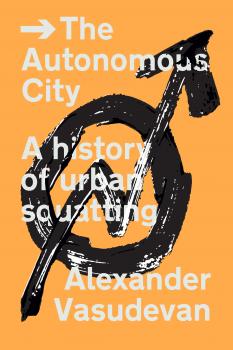Alexander Vasudevan
Список книг автора Alexander VasudevanThe Autonomous City
A radical history of squatting and the struggle for the right to remake the city The Autonomous City is the first popular history of squatting as practised in Europe and North America. Alex Vasudevan retraces the struggle for housing in Amsterdam, Berlin, Copenhagen, Detroit, Hamburg, London, Madrid, Milan, New York, and Vancouver. He looks at the organisation of alternative forms of housing—from Copenhagen’s Freetown Christiana to the squats of the Lower East Side—as well as the official response, including the recent criminalisation of squatting, the brutal eviction of squatters and their widespread vilification. Pictured as a way to reimagine and reclaim the city, squatting offers an alternative to housing insecurity, oppressive property speculation and the negative effects of urban regeneration. We must, more than ever, reanimate and remake the urban environment as a site of radical social transformation..
Metropolitan Preoccupations. The Spatial Politics of Squatting in Berlin
In this, the first book-length study of the cultural and political geography of squatting in Berlin, Alexander Vasudevan links the everyday practices of squatters in the city to wider and enduring questions about the relationship between space, culture, and protest. Focuses on the everyday and makeshift practices of squatters in their attempt to exist beyond dominant power relations and redefine what it means to live in the city Offers a fresh critical perspective that builds on recent debates about the “right to the city” and the role of grassroots activism in the making of alternative urbanisms Examines the implications of urban squatting for how we think, research and inhabit the city as a site of radical social transformation Challenges existing scholarship on the New Left in Germany by developing a critical geographical reading of the anti-authoritarian revolt and the complex geographies of connection and solidarity that emerged in its wake Draws on extensive field work conducted in Berlin and elsewhere in Germany

